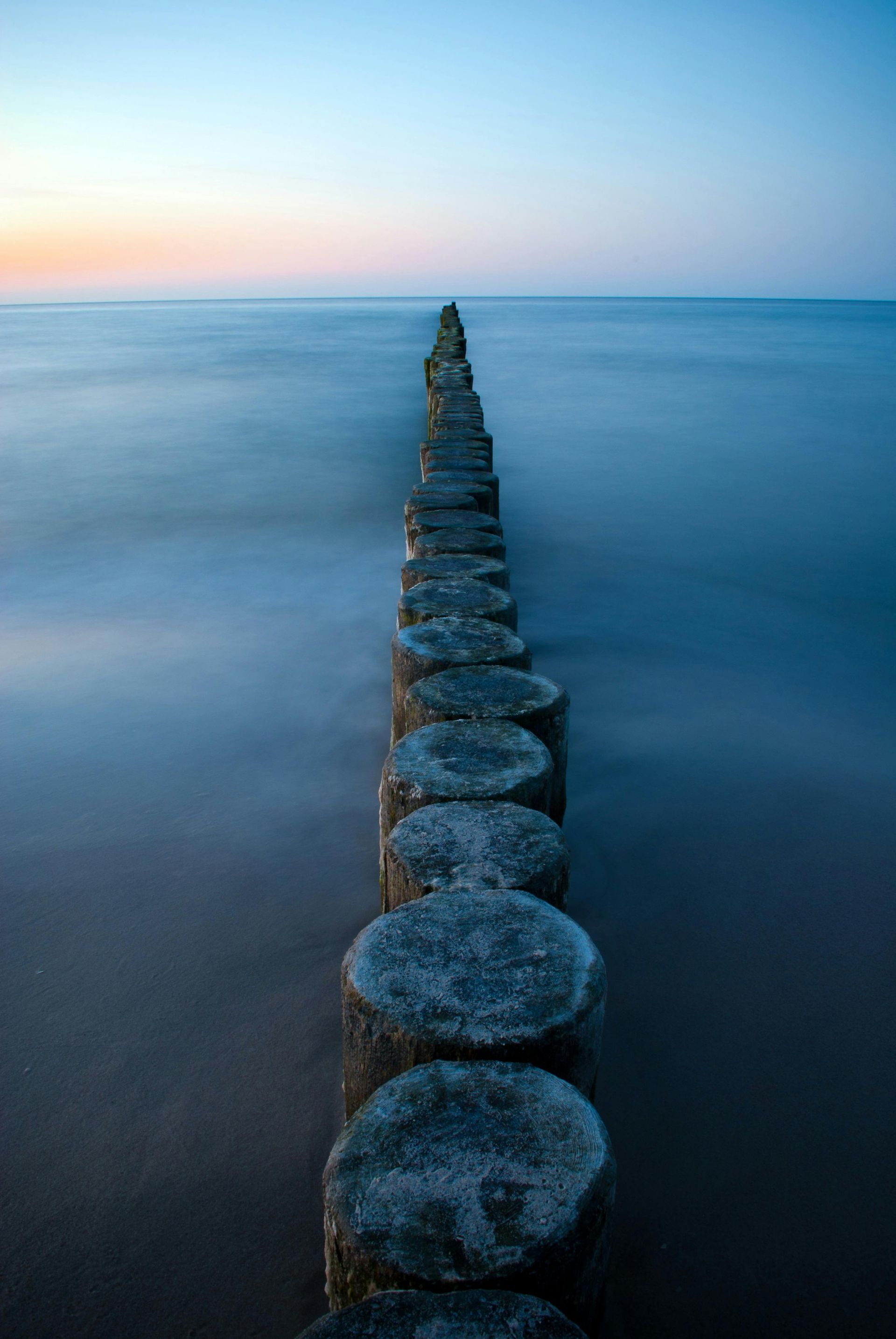Towards a green Europe to protect European Deltas
Manifesto for the protection of European Deltas.
There are around 10,000 deltas in the world, and some 339 million people live in them. Many of these deltas are extremely vulnerable to flooding, especially due to the effects of climate change and poor river basin management. Deltas are coastal systems formed by the contribution of water and sediments from rivers, which makes them vulnerable in double measure to climate change and other factors of global change in the territory. Its physical, ecological and socioeconomic integrity is threatened both by changes in the marine system (rise in sea level, increase in the frequency and intensity of sea storms, etc.) and by land uses and the management of their hydrographic basins (such as decrease in the river flows, reservoir sediments trapping, etc.).
In Europe there are deltas of high socio-economic and ecological relevance, such as those of the Danube, the Vistula, the Rhine, the Po, the Rhone or the Ebro, many of which are suffering increasing risks of erosion, subsidence, flooding and salinization. The effects that the Ebro Delta suffered after the storm Gloria are a clear example of this. In this context,
it is urgent that their effective conservation throughout Europe becomes a political priority for the European institutions if their survival is to be guaranteed , in accordance with article 191 of the Treaty on the Functioning of the EU, according to which, the Union policy on the environment should contribute to the conservation, protection and improvement of ecosystems quality, the prudent and rational use of natural resources, and the promotion of measures at international level to deal with regional or global environmental problems, and in particular to combat climate change.
Within the European legal framework, there are several regulatory texts that, directly or indirectly, affect the conservation and management of deltas. However, the regulatory framework established by the European Union Directives is not sufficient to guarantee the physical protection of the deltas .
That is why we call on the European Commission to increase efforts to conserve and restore European deltas, especially within the framework of the Water Framework Directive and its implementation in the Member States. We ask for:
- The improvement of the monitoring of the management plans of the river basins of Europe;
- The development of a specific orientation guide, as part of the implementation of the Water Framework Directive, on the comprehensive management of sediments at the river basin level;
- The consideration of deltas as priority areas for action within the framework of the European Green Deal and the European Strategy for Biodiversity 2030;
- The development of an European plan for the restoration and recovery of the deltas.
The deltas and their future show us the true vulnerability derived from the lack of balance between human activity and nature. Improving its management and ensuring its future will involve betting on a true balance that favours nature, delta ecosystems and their biodiversity, in order to protect the health and well being of the people who live in them.
______________________________________________________________________________
85 MEPs and 59 associations, academic and research centres from across Europe have signed a manifesto in support of the protection of Europe’s deltas. CCB is one of the signatories.

